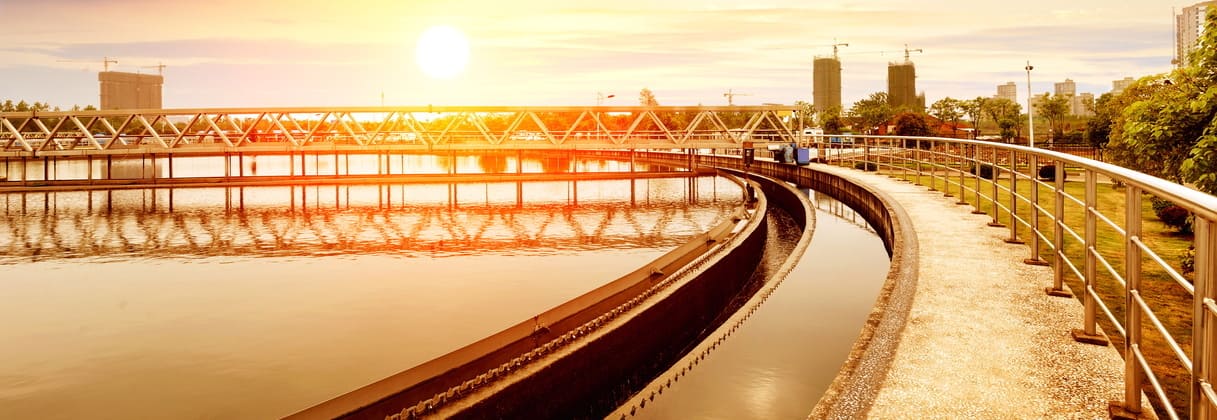
The field engineering scope of works includes as follows:
- designer’s supervision;
- technical supervision over the main works or installation supervision;
- construction control (quality control and work quality assurance);
- management of industrial safety issues.
The designer’s supervision is carried out in order to monitor compliance with the requirements of the project design, detail design and regulatory documentation during the construction process.
The main tasks of the designer’s supervision:
- Timely resolution of all technical issues on the project design documentation arising during construction
- Solving issues related to making changes to the project design documentation, the need for which was revealed during the construction process. Namely:
- modification (revision) of the input data, as well as the technical specifications for design;
- identification of errors and shortcomings in the detail design documentation during construction;
- occurrence of new works that were not taken into account in the detail design documentation, the need for which could only be revealed during the construction process (replacement of the foundation soils, materials, structures, products, reinforcement steel and frameworks, etc.)
- Taking part, as spot audit, in quality control and compliance with the technology of performance of the works that affect safety of the capital construction facility
- Taking part in signing of concealed work inspection certificates
- Maintaining a log of the designer’s supervision over construction
- Monitoring the timely and high-quality compliance with all requirements and instructions entered to the log of the designer’s supervision over construction
- Verification of compliance of the materials and equipment used in construction with the project requirements (materials and equipment supplied to the construction facility are accompanied by quality and safety certificates. Designer’s supervision is necessary to confirm that the quality level of materials and equipment meets the intentions of the designers)
- Consultation of the customer on all issues related to the project design documentation
Technical supervision is technical guidance (consulting, coordination of the works, supervision over their performance) exercised by specialists of the equipment supplier or manufacturer during the installation works.
Main Stages:
- control over dismantling and assembly of the equipment components, if the transportation position implies their dismantling;
- control over connection of the communications (electrical energy, air, cooling water, etc.) using the buyer’s materials (electrical cable, fasteners, hoses, etc.);
- control over the settings and adjustment of the equipment;
- verification of the equipment operability at idle and in the operating mode with verification of compliance with the performance characteristics;
- consultation and briefing of the customer’s personnel on the issues related to operation and maintenance of the equipment.
Technical supervision exercised by ASP-AQUA contributes to increased reliability and, as a result, eliminates possible downtime of the equipment.
Construction control is a mandatory stage of construction, reconstruction or overhaul to be exercised in order to guarantee safety of buildings and structures. Construction control includes a whole range of measures and inspections aimed at determination of compliance of the works being carried out with the requirements of the project design and regulatory documentation.
We exercise quality control and quality assurance of performance of the works in the following areas:
- materials;
- production;
- technologies;
- works;
- transportation.
ASP-AQUA carries out a full package of construction control works:
- coordination of the contractors’ activities and improvement of the work efficiency;
- control of supplies of materials, equipment and components;
- control of fulfillment of construction and installation works;
- control of compliance of the as-built documentation with regulatory requirements;
- verification of contractors’ accounting documents;
- drawing up of documents for putting the facility into operation;
- technical audit of the completed construction facility to prepare it for putting into operation;
- preparation, maintenance, restoration and completion of the as-built documentation.
Industrial safety is a state of protection of fixed assets, employees, as well as third parties (including their property) and the environment from the effects of negative factors, accidents, harmful and hazardous production factors. The components of industrial safety are occupational safety, industrial and fire safety, road traffic safety.
The main objectives in the industrial safety area are as follows:
- creation of safe working conditions, preservation of life and health of the employees;
- reduction of the risks of accidents and incidents at hazardous production facilities;
- reduction of the risks of road accidents related to the production activities;
- ensuring fire safety.
ASP-AQUA, within the project implementation, achieves the set goals by assessing and managing industrial safety risks, identification of hazards, as well as improvement of the competence of the employees.
The ASP-AQUA management considers the industrial safety management system as a necessary element of efficient work performance management and assumes obligations to manage production risks affecting life and health of employees, as well as the company’s property.


